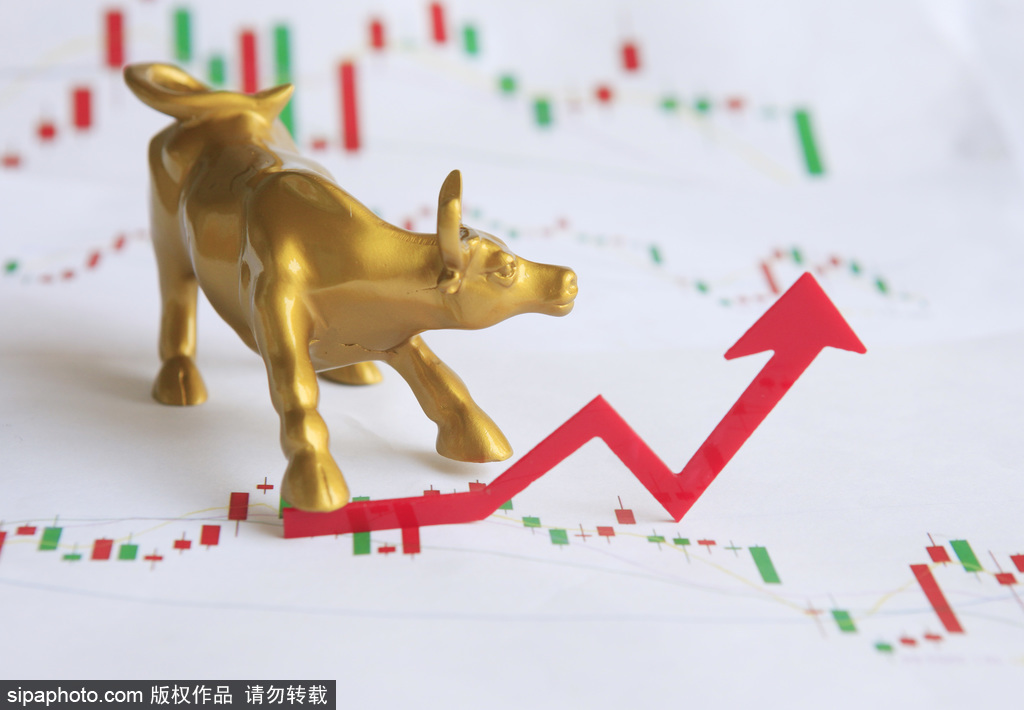For retail buyers, global perform is the new typical

In the wee hrs a person working day not long ago in Shenzhen, Guangdong province, Li Guang, 33, shut down his Laptop ultimately and geared up to go to bed. But his thoughts continued to churn information on the trade he experienced just executed. He additional shares of Weibo, a Nasdaq-outlined Chinese social network business, to his financial investment portfolio, a job that essential Li to remain awake to enjoy the US industry running in a different time zone.
Li is getting made use of to lifestyle as a night time owl, a 1st stage toward getting a successful component-time retail trader dependent in China with target on US stocks. But altering the body’s normal biorhythms may well be the uncomplicated aspect of the deal-Li has to contend with gaps in awareness and language.
But he is unfazed, even enthusiastic to a particular extent. These kinds of is his passion for investing. For Li, abroad asset allocation packs in very a heady punch.
“It will not make perception to continue to be blind to the reliable opportunity inherent in the world’s most significant stock market place in the United States,” stated Li, who, by profession, is actually a community relations practitioner.
Li is among the millions of retail buyers in China who have been lately bitten by the prosperity management bug. They are additional prepared now than ever before to allocate section of their investable personal savings to offshore marketplaces. Portfolio diversification has turn out to be a virtue. A trend, if you will.
For several years, abroad asset allocation has largely been an option exercised only by some higher net worthy of people, who are more generally identified globally as HNWIs. In China, even so, lots of regional families are recently affluent, enriched by the country’s impressive results with its reform and opening-up of the final 40-odd several years.
Prosperity has designed an urgent need for regarded, prudent allocations and diversification.
The increase of asset administration firms, or AMCs, and the introduction of investment applications like the Experienced Domestic Institutional Investors will imply outbound financial commitment may perhaps turn into common between ordinary Chinese men and women. The internationalization of China’s cash market will ensure that.
What is actually more, the yuan, the Chinese currency, is anticipated to keep its strength on the back of steady economic advancement irrespective of the results of the COVID-19 pandemic.
So, portion-time retail buyers this kind of as Li of Shenzhen are flocking securities firms, brokerages and on the net channels to open investing accounts to invest in/provide overseas stocks.
They will master to deal with once-a-year own trade purchase quota. But, a variety of other channels now existing Chinese households avenues for outbound investment.
By using stock connects, mainland-based mostly particular person traders can acquire section in secondary market investing in Hong Kong-mentioned organizations even without having a inventory account for the current market.
The connectivity concerning mainland and Hong Kong markets has even further strengthened as the cross-listing of exchange traded funds, or ETFs, among Shanghai and Hong Kong has commenced in June. The cross-listing facilitates mainland-based investors to obtain ETFs monitoring the overall performance of Hong Kong stock indexes and vice versa.
For investments in offshore marketplaces other than Hong Kong, unique investors can opt for cash issued underneath the quota-based mostly packages of Skilled Domestic Institutional Buyers and Experienced Domestic Confined Associate, whereby asset administrators increase funds at home and allocate it overseas.
The previous could be a additional common choice for popular people as QDII goods are in basic publicly offered. The attractiveness of QDII strengthened this year as two QDII goods with focus on petroleum investment topped the list of China’s publicly presented fund marketplace, in terms of returns for the initially half of the year, yielding all over 60 per cent, knowledge compiled by Shanghai Securities News confirmed.
But, a significant issue relating to QDII is how substantially quota investors can entry. The very good news is that the system has viewed continual boosts in quota recently, a development that will possible maintain, as certain by regulators.
The Condition Administration of Foreign Trade, China’s overseas trade regulator, mentioned in June that it has expanded the QDII quota by $10.3 billion to $147.32 billion, marking the fourth quota growth this 12 months.
Pan Gongsheng, head of the Risk-free, mentioned in June that the nation will step up attempts to provide Chinese citizens with more solutions for overseas asset allocation, which includes scaling up QDII and enhancing linked administration mechanisms.
To be guaranteed, the development of Chinese households incorporating abroad allocation is not without pushbacks.
Austin Luo, head of personal prosperity administration at Haitong Global Securities Team Ltd, stated the COVID-19 pandemic, which underscored the uncertainties overseas, has dampened investors’ hunger for world-wide allocation to some extent.
Nevertheless, the AMC increase in China, with progressively much more participation of offshore players adept at overseas financial investment, will help Chinese personal investors navigate worldwide market place volatility and seize the most fascinating prospects worldwide.
Haitong Worldwide, for instance, is actively encouraging Chinese mainland traders seize abroad financial investment options, especially in locations traders are most intrigued in, together with large-profile listings in Hong Kong, US greenback-denominated bonds from Chinese issuers and offshore wealth administration products and solutions.
In wonderful, with the institutionalization and internationalization of China’s capital sector, dwelling onshore but effortlessly having fun with added benefits of world asset allocation need to develop into a new standard for common Chinese families.




